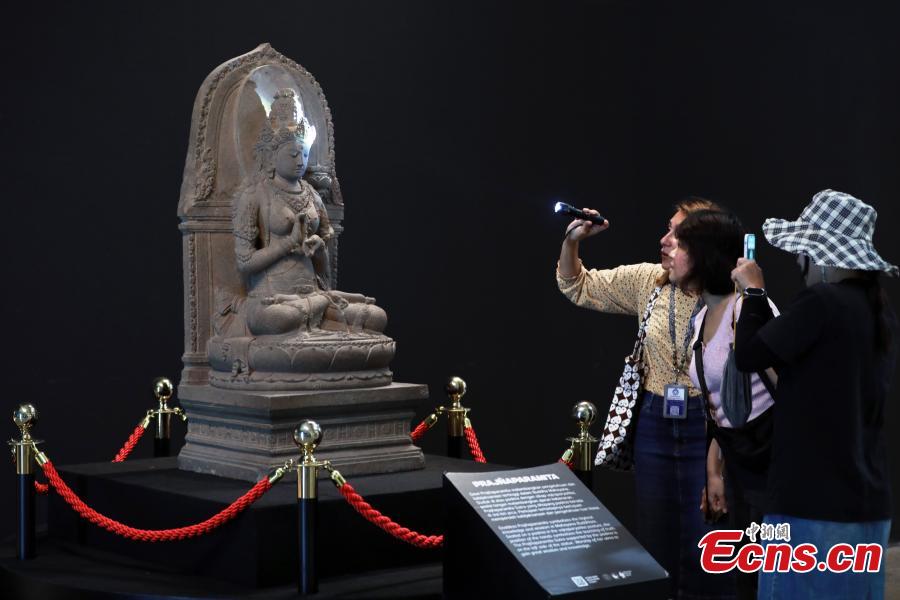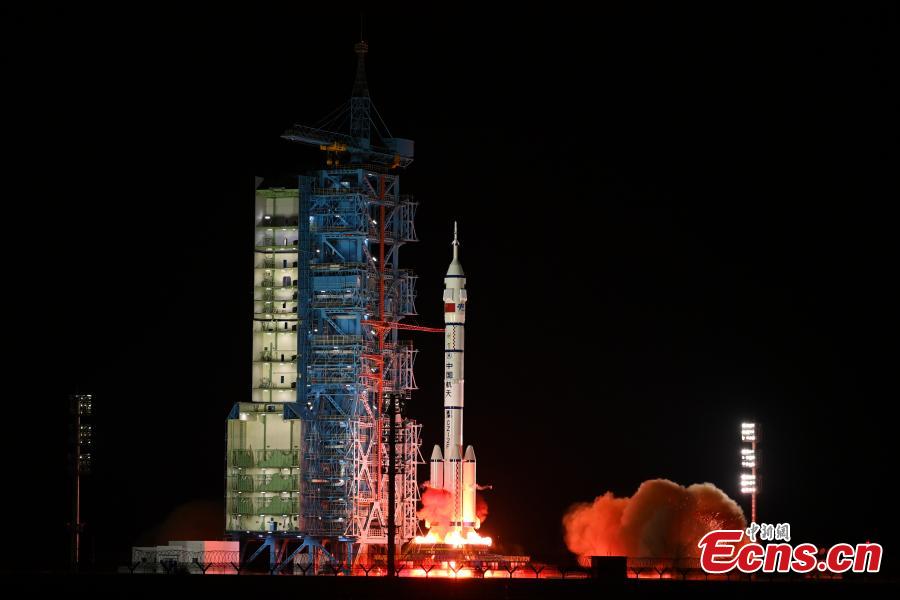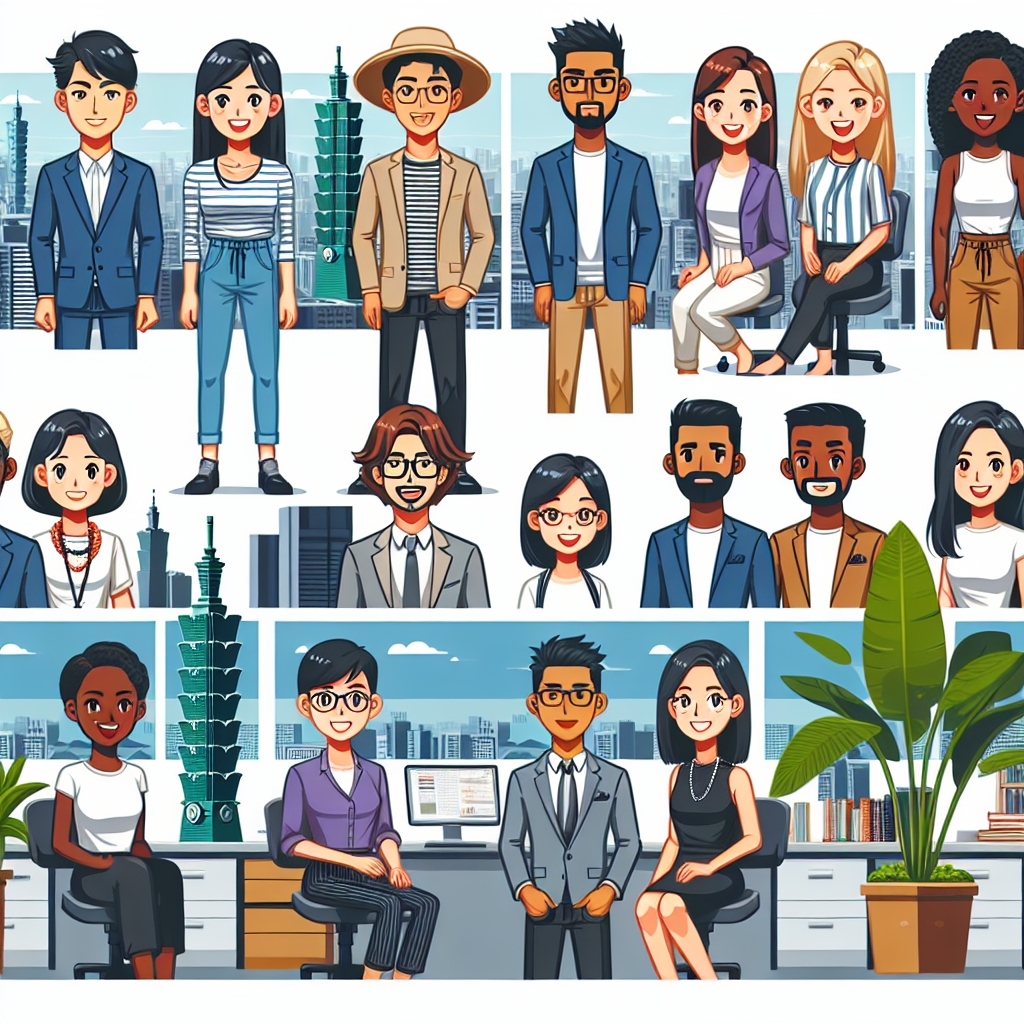
The Dutch branch of human rights organization Amnesty International is calling for an immediate halt to the use of facial recognition technology to track protesters, advocating for stricter regulations on police camera use during public demonstrations. The that current guidelines regarding surveillance policies are too vague, leaving room for potential misuse by law enforcement. "There’s a significant risk of abuse and arbitrary decision-making due to these unclear guidelines," said Dagmar Oudshoorn, director of Amnesty Netherlands.
The organization's findings are based on observations of protests conducted by the organization between 2022 and 2024. The report indicates that police failed to explain the need for cameras at the protests monitored by Amnesty International. Although facial recognition technology is legal, the organization contends that its use violates human rights.
"It’s unacceptable for footage to be stored in police databases without clarity on its use," Oudshoorn said. "This opens the door to misuse, with serious implications for individuals’ privacy." The report highlights that camera drones, body cams, and surveillance vehicles equipped with roof-mounted cameras were deployed at large protests, including those against government measures during the coronavirus pandemic.
While confirming the use of facial recognition technology, police emphasized that it is not used to identify individuals in real time during protests. Instead, it may only be used later in criminal investigations to identify suspects already known to law enforcement. "In specific criminal cases, we are allowed to review footage afterward to determine if the suspect has a prior police record," a in response.
Amnesty reported hearing concerns from protest participants that footage could lead to unforeseen consequences, and can make people concerned about exercising their rights to free speech and to demonstrate peacefully. The organization also raised concerns about the growing use of invasive surveillance technologies, which track people’s movements and monitor their activities, as well as the authorities' handling of personal data..










